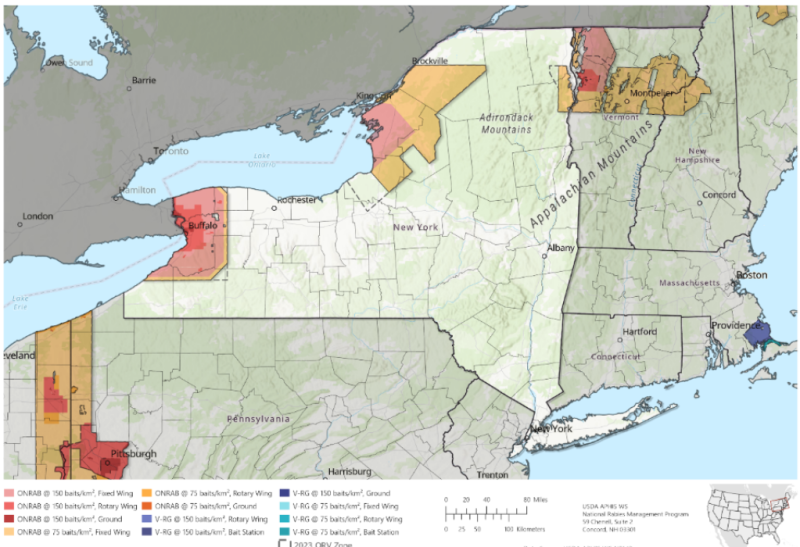Would you agree to answer some questions about your personal habits, substance use, mental health and household status?
What if your anonymous answers could help Genesee County Health Department, in cooperation with Orleans and Wyoming counties, conduct a health assessment survey of community residents to help shape future public health planning?
Responses are needed to help health departments, hospitals and community partners identify needed services and help to improve others already in place in the three-county area, Kaitlin Pettine says.
"The input from residents will help identify community health needs, gaps in services and other factors that may contribute to a less than optimal health status for our community residents,” said Pettine, GO Health’s public information officer. “This will ultimately help us to develop our Community Health Improvement Plan (CHIP) for the next few years.”
This Community Health Assessment was part of the health department’s annual report relayed to county legislators at this week’s Human Services meeting. It covers various areas that health department officials have been working on, such as one’s physical and mental health, eating habits, and preventative care.
One question asks what would help you become more active? Answers include having discounts on gym memberships, an exercise buddy, a personal trainer, transportation, more motivation, personal time, child care, or ways to address physical limitations.
Another question deals with why you may not have gotten needed mental healthcare or substance use help. Was it because treatment was too expensive, not covered by insurance, a local provider was not available, you didn’t know where to get the care, medical staff didn’t speak your language, there were no accommodations for people with disabilities, or some other hindrance to obtaining help?
It’s crucial to have the right information when it’s needed, Pettine said. A case in point is what health officials have learned about people’s perceptions of vaccines.
“There is a significant amount of misinformation about vaccines, which greatly contributes to vaccine hesitancy,” she said. “Routine vaccinations are crucial in preventing the spread of serious and sometimes fatal diseases. They also play a key role in reducing outbreaks and protecting vulnerable populations, including young children, older adults and individuals with weakened immune systems.”
The health department will continue to offer immunization clinics and provide education that emphasizes the importance of staying up to date on routine vaccinations, she said.
“We always encourage and support individuals to have conversations with their health care providers in regard to their health care,” she said.
The assessment also includes questions about various substance use, including prescription and over-the-counter meds, reasons for taking them, how you’d respond to a loved one struggling with substance use, health and social challenges in the household, and what services has your household lacked access to in the past year (such as affordable, safe housing; child care; employment; high-speed internet; resources for people with physical, mental and/or intellectual/developmental disabilities; transportation).
She said there are viable solutions for these issues, such as lead poisoning prevention funding. GO Health has been promoting grants received through HUD and the Healthy Homes Production program that address health and safety hazards within residential buildings in Genesee, Livingston, Orleans and Wyoming counties.
Eligible homeowners and landlords with eligible tenants may apply to receive these funds to help remove toxic materials, including lead. For more information, go HERE.
There are questions about childhood experiences, the most important features of a strong, vibrant, healthy community, ideal health priorities for your community, and environmental challenges in the community.
The assessment covers aspects of mental health and substance use, which “remain significant health issues for our residents,” Pettine said.
The health department continues to maintain existing programs as well as introduce new programming to tackle these issues,” she said. The health department actively participates in the collaborative efforts of GOW CARES Alliance to address these health challenges and the stigma associates with them.”
The GOW CARES Alliance -- formerly the Opioid Task Force -- currently has over 440 members from across the tri-county Genesee, Orleans and Wyoming regions. Members represent various sectors of the community, including public health, mental health, human services, local government, substance use disorder treatment and recovery agencies, law enforcement, EMS, faith-based groups, health systems and medical practitioners, education, businesses, concerned individuals, families, and individuals in recovery, according to its website.
The group’s goal is to address the growing opioid crisis in the Genesee, Orleans, and Wyoming region, and “through active collaboration and engagement across our tri-county region, we envision a community free from opioid-related deaths and overdoses.”
With that in mind, what can folks do to pursue a healthy life in 2025?
The health department encourages residents to:
- Maintain a well-balanced diet
- Exercise regularly and be physically active
- Get enough sleep
- Quit smoking
- Limit alcohol intake
- Manage stress
- Get regular medical checkups
- Consider mental health support if needed
“The health department offers education on these topics through its website, social media, press releases, and by participating in community outreach events,” she said. “Additionally, the health department administers the National Diabetes Prevention Program in the county. This program is evidence-based and covers many of these topics.”
The community assessment is available in English and Spanish




